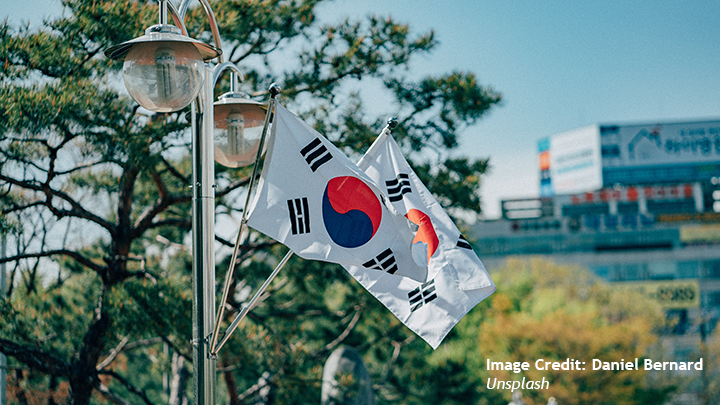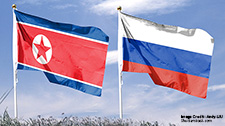Korean Peninsula Tensions Escalate Amid a Return to Old School Policies

Mitch Shin
Introduction:
South Korean Foreign Minister Park Jin met his U.S. counterpart Antony Blinken on Monday in Washington, D.C. The meeting came three weeks after a summit meeting in Seoul between South Korean President Yoon Suk Yeol and U.S. President Joe Biden, the first since Yoon took office on May 10.
Given the flurry of North Korean missile tests in 2022, Park again conveyed Seoul’s hawkish stance, centered on strengthening South Korea’s alliance with the U.S. and self-defense capabilities against North Korea, during the joint press conference.
“We affirmed that any North Korean provocations, including a nuclear test, will be met with a united and firm response from our alliance and the international community,” Park said.
Reaffirming North Korea issues as one of the top policy priorities for Seoul and Washington, Park warned that “Pyongyang’s continuous provocations will only lead to strengthened deterrence of the alliance and stronger international sanctions measures.”
Unlike the Moon Jae-in administration’s dovish overture on North Korea, which led to three inter-Korean summit meetings in 2018, the Yoon administration has emphasized the necessity of strengthening the military alliance with the U.S. by conducting joint military drills and coordinating powerful corresponding measures against the North’s missile threats. As North Korea is suspected to be preparing to conduct its seventh nuclear test in the coming weeks, South Korean and U.S. officials have successively held meetings in recent weeks to share their assessments and analyses over the North’s restoration activities at its Punggye-ri nuclear site and the various missiles launched in the past weeks.
Related Publications
-
ISDP Annual Report 2023
ISDP’s Annual Report for the year 2023. We look back on 2023, a year in which tensions and conflicts captured the strategic space in ISDP’s focus areas, making headlines around […]
-
What Comes Next for North Korea-Russia Relations?
North Korea and Russia have taken their relations to a new level after the leaders of the two countries held an in-person summit meeting on Wednesday. While Pyongyang and Moscow […]
-
South Korea’s Indo-Pacific Strategy, Atmanirbhar Bharat, and the IPEF: Convergence and Commonality
For some time now, the existing multilateral networks such as those of the United Nations (UN) system have been largely ineffective in providing good global governance and helping create resilience, […]
-
Risk Reduction and Crisis Management on the Korean Peninsula
The situation on the Korean Peninsula is inherently intertwined with the growing instability of the East Asian security environment, where high tensions significantly increase the risk of unintended incidents and armed […]
-
Washington Declaration: Beyond Korea, What it Means for India?
In April 2023, South Korea and the United States released the Washington Declaration to reiterate and upgrade their treaty alliance. In outlining a joint nuclear deterrence strategy, the Declaration reaffirmed […]




